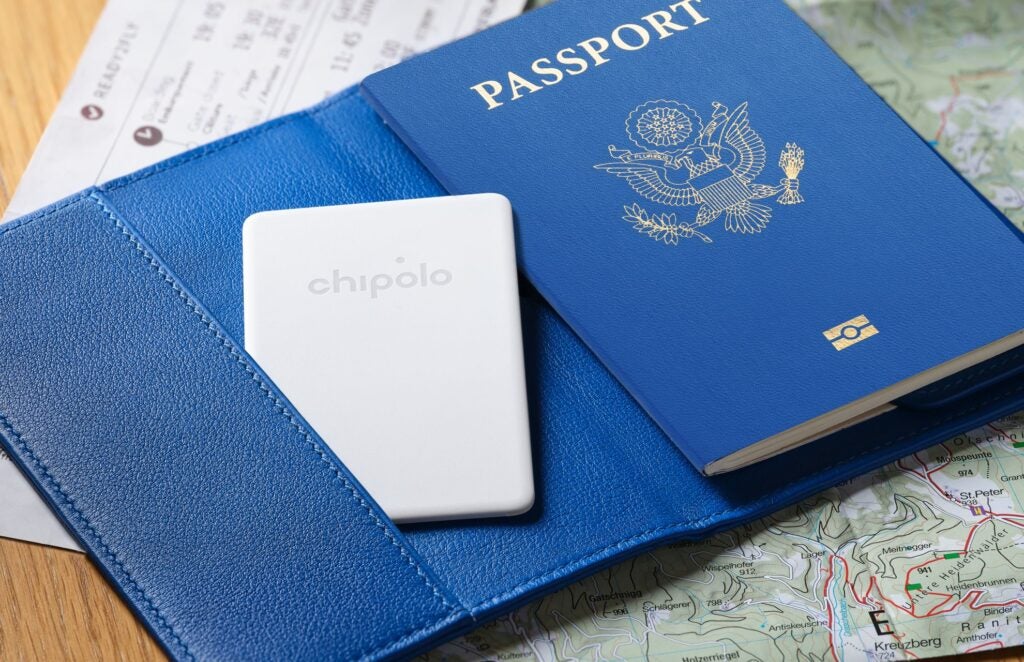Google announced a big update for its Find My Device network at Google I/O, but did not announce any accompanying hardware to rival the Apple AirTag and Tile Trackers.
Thankfully, tracker manufacturer Chipolo is bringing the goods with a couple of new item finder products that’ll work exclusively with Google’s revamped Find My Device platform.
The Chipolo ONE Point key finder ($28/£30/€34) and the Chipolo CARD Point wallet finder ($35/£35/€39) are available for pre-order now ahead of a release in the second half of July.
Get the Pixel 7 Pro on contract for £750
This deal gives you a Pixel 7 Pro on a generous two year contract for £100 less than the phone costs outright.
- Mobiles.co.uk
- £79 up front
- £27.99 a month
They’re water resistant, benefit from long battery life (1-year replaceable, and 2 year with renewal program, respectively) and will play loud sounds to help you locate the connected item. They’ll also benefit from Google Fast Pair during set up.
Both of the trackers will be part of the new Find My Device system which will leverage the billions of Android devices out there to locate all manner of trackable devices. That means headphones, tablets and more.

Chipolo’s new trackers will also be compatable with the unknown tracker alerts that’ll let users know if a tracker has been placed on their person and is travelling with them without their knowledge.
Following an accord between Apple and Google announced last week, Android users will also be alerted if an AirTag or Tile tracker is stowing away with them.
Google has designed the new network with privacy at its heart, claiming the location data captured by the new Find My app will be encrypted and not reviewable by Google.
“It’s powered by a network of billions of Android devices around the world,” Google’s Sameer Samat said when announcing the revamp at Google I/O. “From the start, we designed the network in a privacy-preserving way.”




